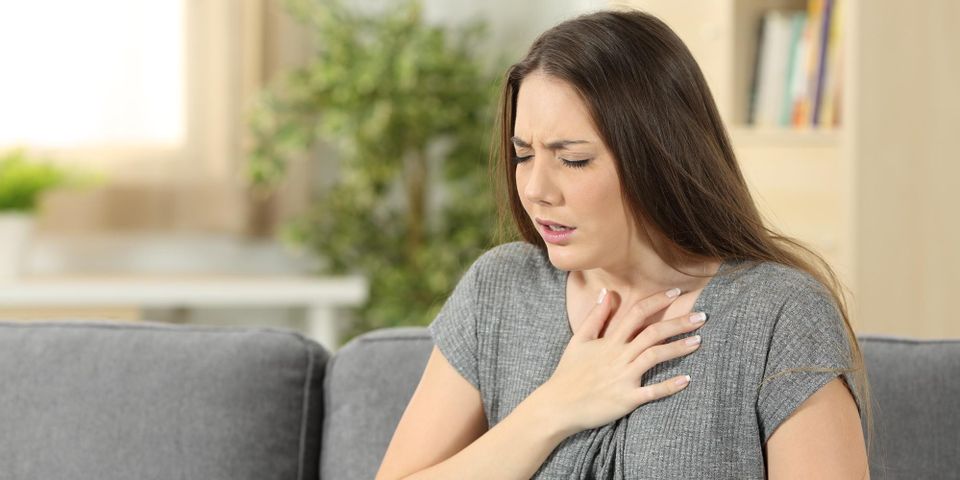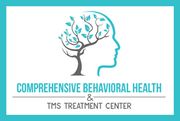
An anxiety attack is a brief period of intense fear, typically accompanied by feelings of doom or a perceived threat to one's health, life, or safety. They usually last around 10 minutes, and they’re often triggered by a specific event or situation. Such attacks can be a symptom of an anxiety disorder, though a one-time attack can be a response to certain events occurring in one's life or surroundings. To better understand this condition, below are answers to common questions about anxiety attacks.
Questions About Anxiety Attacks Answered
How do I know if I'm having an anxiety attack?
An anxiety episode will include some telltale symptoms. The biggest is a feeling of sudden or overwhelming fear, sometimes described as a sinking feeling in the pit of the stomach. Heart rate and breathing usually speed up; you might feel like you can't catch your breath or can't take in adequate amounts of air. Also common in an anxiety attack is shaking or trembling, sweating, chest pain, numbness anywhere in the body, nausea, and lightheadedness.
Why do they occur?
In most situations, there is a single event or a bodily sensation that prompts the attack. A work- or family-related stressor, a troubling medical symptom, or major changes in one's life, such as a new job, a relocation, or the end of a relationship, are just a few potentially triggering factors. This separates anxiety attacks from panic attacks, which can have no discernible precipitating event. Anxiety attacks tend to develop gradually when a person is feeling anxious or nervous or when they're dealing with an ongoing anxiety disorder.
How can I prevent them?
 Identify potential triggers and minimize their effects as much as possible. For instance, if you get anxious in elevators, practice some deep breathing beforehand and focus on taking slow, deep breaths when you enter. If you’re more anxious after drinking coffee, limit your caffeine intake. Also, know the signs of an attack. When you sense one beginning, go to a safe place, take deep, cleansing breaths, talk to a trusted friend or family member, or distract yourself with relaxing music or a lighthearted television show. A healthy diet with limited sugar and caffeine and a regular exercise routine can also help prevent attacks.
Identify potential triggers and minimize their effects as much as possible. For instance, if you get anxious in elevators, practice some deep breathing beforehand and focus on taking slow, deep breaths when you enter. If you’re more anxious after drinking coffee, limit your caffeine intake. Also, know the signs of an attack. When you sense one beginning, go to a safe place, take deep, cleansing breaths, talk to a trusted friend or family member, or distract yourself with relaxing music or a lighthearted television show. A healthy diet with limited sugar and caffeine and a regular exercise routine can also help prevent attacks.
How are anxiety attacks treated?
If they reach a point where they’re disruptive to your daily life, there are a few different ways to effectively treat anxiety attacks. Talk about it in therapy, take prescribed medications, and join support groups for people with anxiety disorders. Meditation and yoga are excellent supplements to professional treatment as well.
If you’re unsure whether you have an anxiety disorder or not, talk to a professional at Comprehensive Behavioral Health in Staunton, VA. The caring team offers therapeutic support for a variety of other mental health issues as well, including depression, bipolar disorder, and anger management problems. Get back to you by making an appointment and calling (540) 688-2646 or visiting them online to read more about their work.
About the Business
Have a question? Ask the experts!
Send your question

